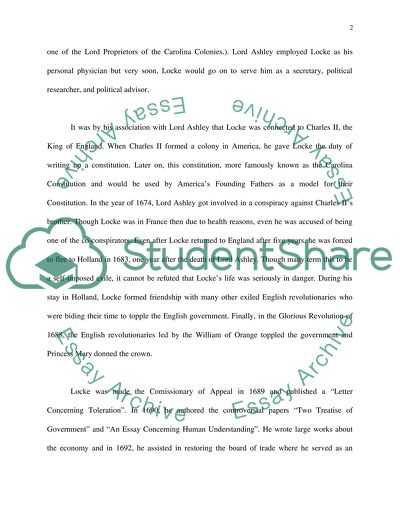Cite this document
(“John Locke Essay Example | Topics and Well Written Essays - 1500 words”, n.d.)
John Locke Essay Example | Topics and Well Written Essays - 1500 words. Retrieved from https://studentshare.org/miscellaneous/1513794-john-locke
John Locke Essay Example | Topics and Well Written Essays - 1500 words. Retrieved from https://studentshare.org/miscellaneous/1513794-john-locke
(John Locke Essay Example | Topics and Well Written Essays - 1500 Words)
John Locke Essay Example | Topics and Well Written Essays - 1500 Words. https://studentshare.org/miscellaneous/1513794-john-locke.
John Locke Essay Example | Topics and Well Written Essays - 1500 Words. https://studentshare.org/miscellaneous/1513794-john-locke.
“John Locke Essay Example | Topics and Well Written Essays - 1500 Words”, n.d. https://studentshare.org/miscellaneous/1513794-john-locke.


